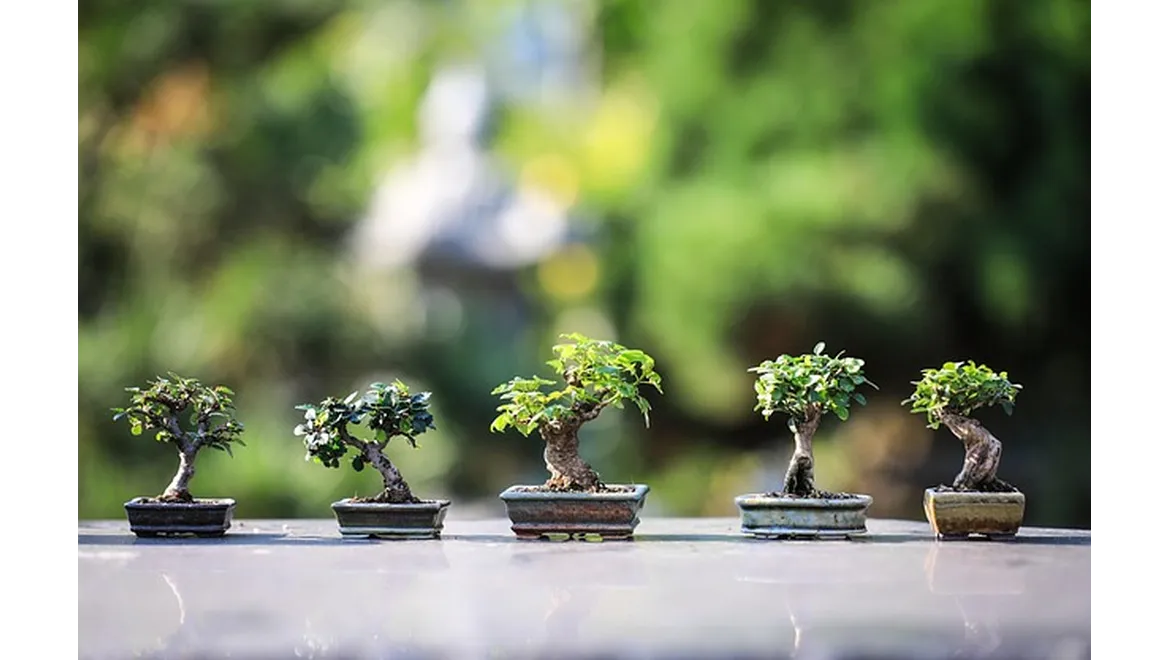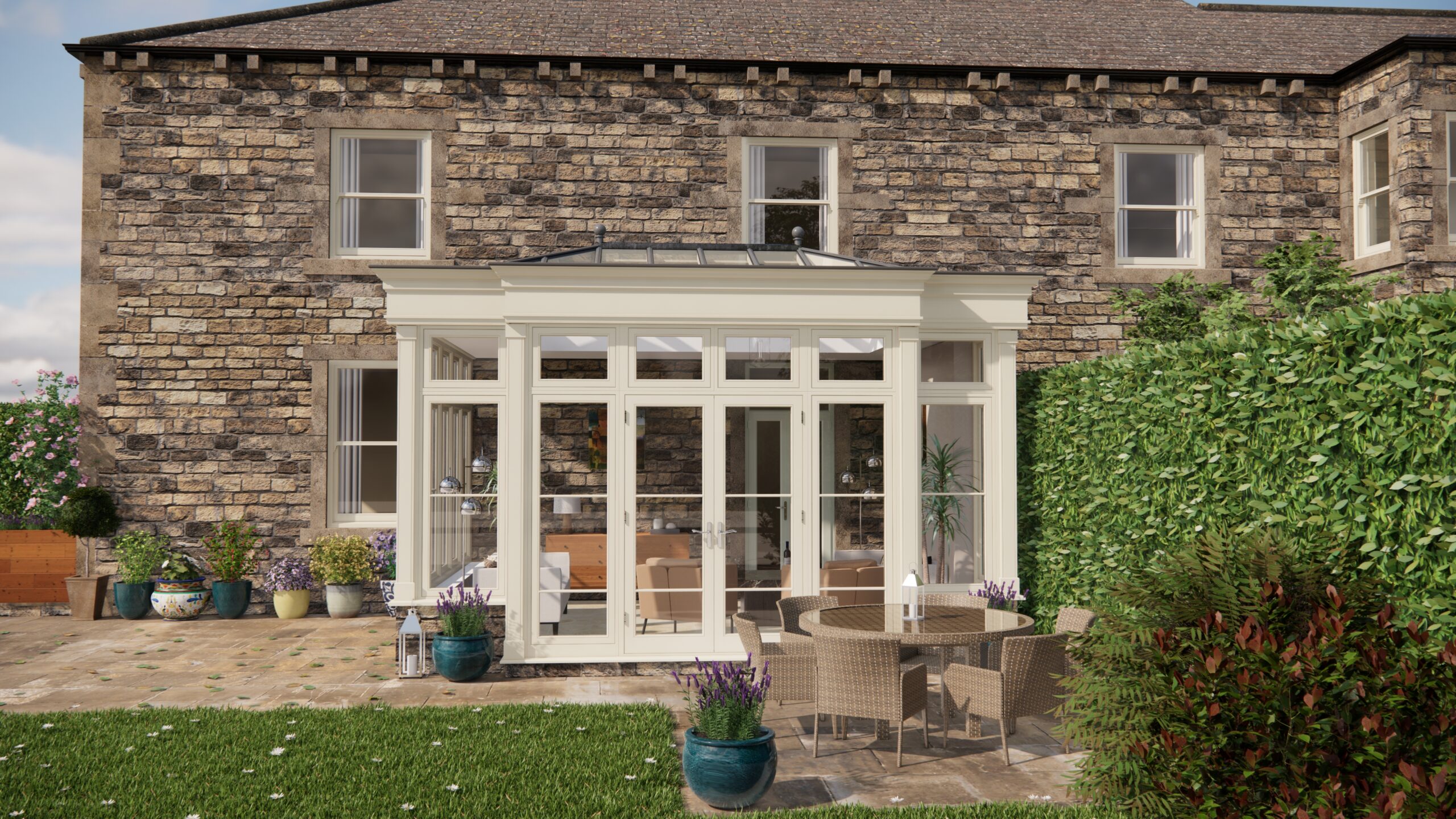I was catching up with Georgia the other day, a friend who, like many of us, has been navigating the choppy waters of modern life. I knew she’d been getting into gardening lately, so I asked her what she’d been up to, particularly in light of all the articles I’d been reading about the therapeutic benefits of gardening here in the UK. You know, all that stuff about stress reduction, improved mood, and getting a bit more exercise without even realising it.
“Honestly,” she began, stirring her tea, “it’s been a revelation. I saw that book, ‘From Seed to Serenity: A Beginner’s Guide to Therapeutic Gardening in Your UK Garden’ and thought, why not?” Apparently, the subtitle – “A step-by-step guide for novice gardeners looking to harness the therapeutic benefits of gardening” – really spoke to her. Plus, it mentioned easy-to-grow plants suitable for small UK gardens, which was crucial since she only has a balcony. She added, ” I needed something calming that didn’t overwhelm me.” I really get that, you have to start somewhere.
I pressed her on the ‘therapeutic’ aspect. “So, tell me, what’s it actually like? Does it really make a difference?” She laughed. “It’s not like instant enlightenment, but honestly, yes. It’s the act of planting, of nurturing something. It forces you to slow down.” Georgia explained how the book emphasized creating a mindful gardening routine. It wasn’t about producing prize-winning roses; it was about the process. “It suggested things like really feeling the soil, noticing the different textures, the smell. Paying attention to the tiny details, like the way a leaf unfurls.” I could picture it. It wasn’t hard to imagine that focused attention bringing a person back into the present.
She’s been growing herbs primarily – mint, rosemary, and thyme. “They’re relatively low-maintenance and smell amazing,” she said. I told her that was perfect for the balcony as they don’t need a massive amount of space to thrive and you can use them when cooking. The book offered practical tips for beginners, like choosing the right compost (multi-purpose is always a safe bet, she said), watering techniques (avoiding midday sun to prevent scorching), and dealing with common pests (apparently, a simple soapy water spray works wonders for aphids). She was really getting into it, this gardening thing. She’s even started composting in a small container she bought online, feeding the plants with her tea leaves, or other appropriate plant matter.
Georgia touched on something else that resonated: the connection with nature. “Living in the city, you can feel so disconnected,” she said. “But even on my balcony, with my little herb garden, I feel like I’m part of something bigger. Watching the bees visit the flowers, seeing the plants grow… it’s incredibly grounding.” I asked her about the articles I had been reading about adding an orangery, and how that could bring an amazing change, she laughed saying that she didn’t have space, but she could see how it could be such a relaxing place to sit and watch the garden grow.
We talked about some of the common challenges gardeners face – pests, diseases, unpredictable weather. Georgia mentioned reading articles about solutions, things like companion planting (growing certain plants together to deter pests) and using organic pest control methods. It sounded like she was well and truly immersed in the world of UK gardening.
But what truly struck me was the change in Georgia herself. She seemed calmer, more centered. She’d found a little piece of serenity amidst the chaos, right there on her balcony. Her enthusiasm and the evidence of the benefits were obvious. The key really seems to be in mindful participation – feeling the soil, noticing the details, connecting with nature, and finding joy in the simple act of nurturing. That, combined with practical advice and beginner-friendly resources like the book she mentioned, can unlock the therapeutic power of gardening for anyone, regardless of space or experience. And who wouldn’t want a little piece of that?


